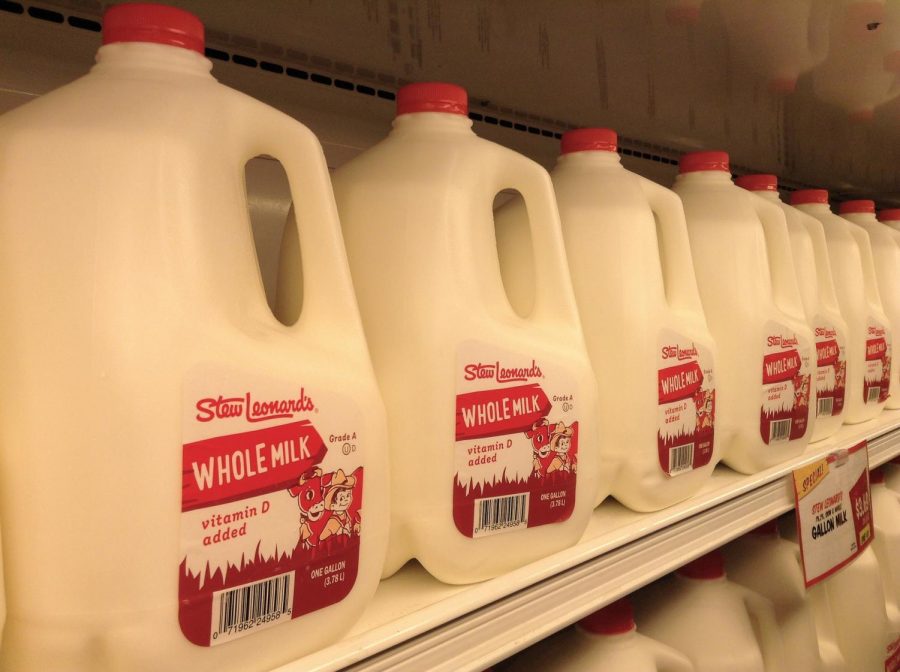From anti-aging serums to face masks and acne treatments, the United States skin care industry is estimated to be worth $180 billion by 2024. Many Americans of all ages invest in skin care products, and value having youthful, clear skin. Around 85 percent of teenagers struggle with acne, and everyone has different methods for treating it. While facial washes, exfoliation, face masks and new methods such as light therapy can come into play, there have been many studies conducted that explore more internal effects of acne – including our diets.
Theories and beliefs that diet plays a major role in acne have been circulating as early as 1949. Not only would understanding how diet affects our skin be preventative, cost efficient and more convenient, but it would also help people be more cautious about their diet. Many studies have been conducted to try and untangle a very well-known theory that dairy is a major contributor to acne. This is one of the most common beliefs. However, it is still a developing hypothesis.
There is a lot of growing evidence and epidemiological studies that suggest acne and dairy may have some association, however, it would be incorrect to say dairy alone causes acne. A study conducted in 1996 with boys and girls ages nine to 15 directly compared the consumption of cow’s milk and acne.
Dietary data was collected in 1996 and 1998 which included high dairy consumption (two or more servings of milk a day) as well as low consumption (one serving per week or less). They then evaluated outcomes of the two groups in 1999, and this research found a positive association between cow’s milk and acne. A more general study coordinated in 2005 surveyed 47,355 women about their high school diet in 1998, asking whether or not they were diagnosed with severe acne by a physician. A positive correlation was also found between the consumption of whole milk and acne (even more so than skim milk).
Researchers believe there may be a correlation between the hormones and bioactive molecules that milk contains. These hormones are estrogen, progesterone and androgen precursors that can possibly reduce certain steroids in the body causing pores to clog easier.
While these studies seem very convincing, and many more can be found, the American Academy of Dermatology acknowledges that there are only weak, yet possible associations between the two that still need to be further explored. Even if dairy has a slight impact on skin appearance, there are also many other factors that include genetics, hormones, age and stress.
While dairy seems to receive the most attention from the public, many people are unaware that there is actually a stronger association between acne and carbohydrate-rich foods. Research on different dietary factors displays that there is a more general relationship between diet and acne, however certain diet components (like dairy) still need further speculation. It’s important for the public to understand that acne cannot be treated or “fixed” through diet alone, and dietary restrictions may not be the best for everyone.
Dr. Whitney Bowe, American Academy of Dermatology Expert, advises patients concerned about their acne to be aware that their diet could possibly be a factor. Keeping a food diary or being aware of certain foods that you notice may cause a flare-up of acne is the best way to distinguish what may be causing it. Everyone’s body and skin are different, and it’s important to take that into consideration. A change in diet is only part of a skin regimen, and is usually incorporated along with other medical therapies prescribed by a dermatologist.
While the relationship between dairy and acne is not a known fact, we cannot disprove that there is a positive association. If you struggle with acne and think dairy may aggravate your skin; talk to your dermatologist about different diet regimens to see what might work best for you.
Ally Littlefield can be reached at [email protected].



















